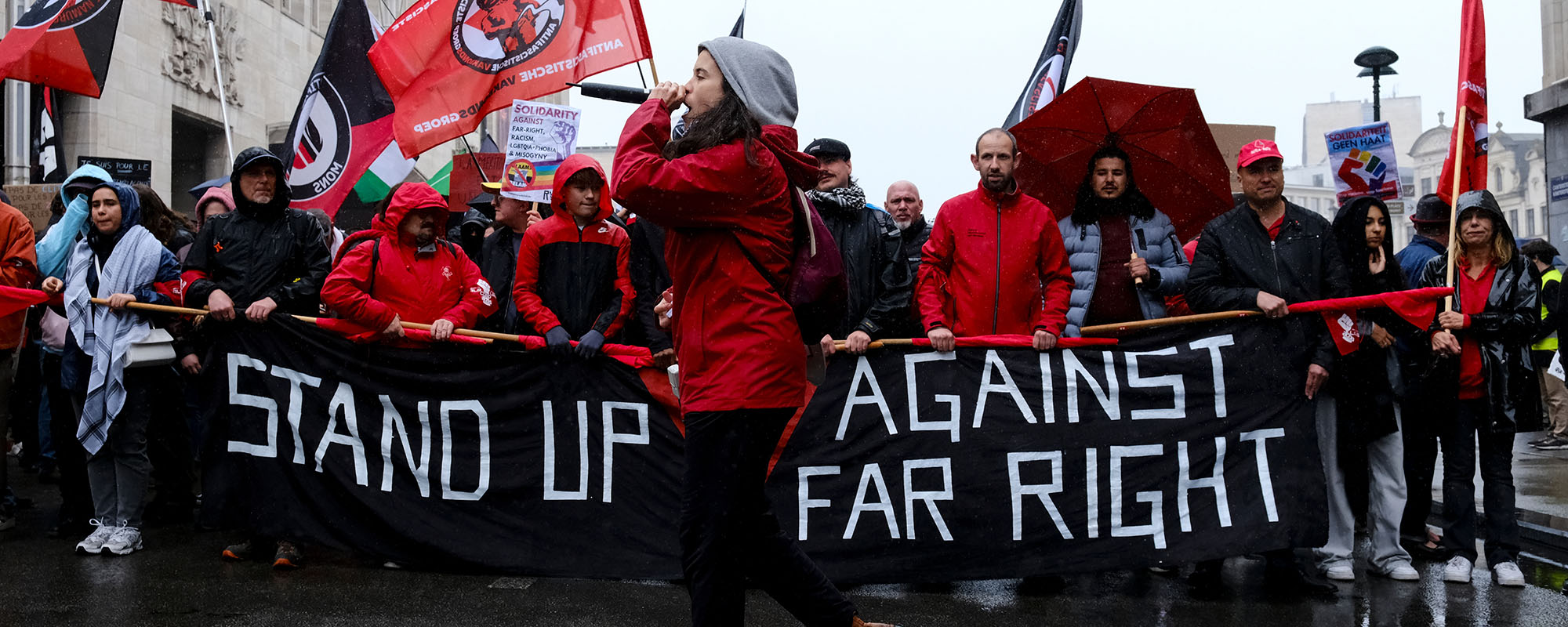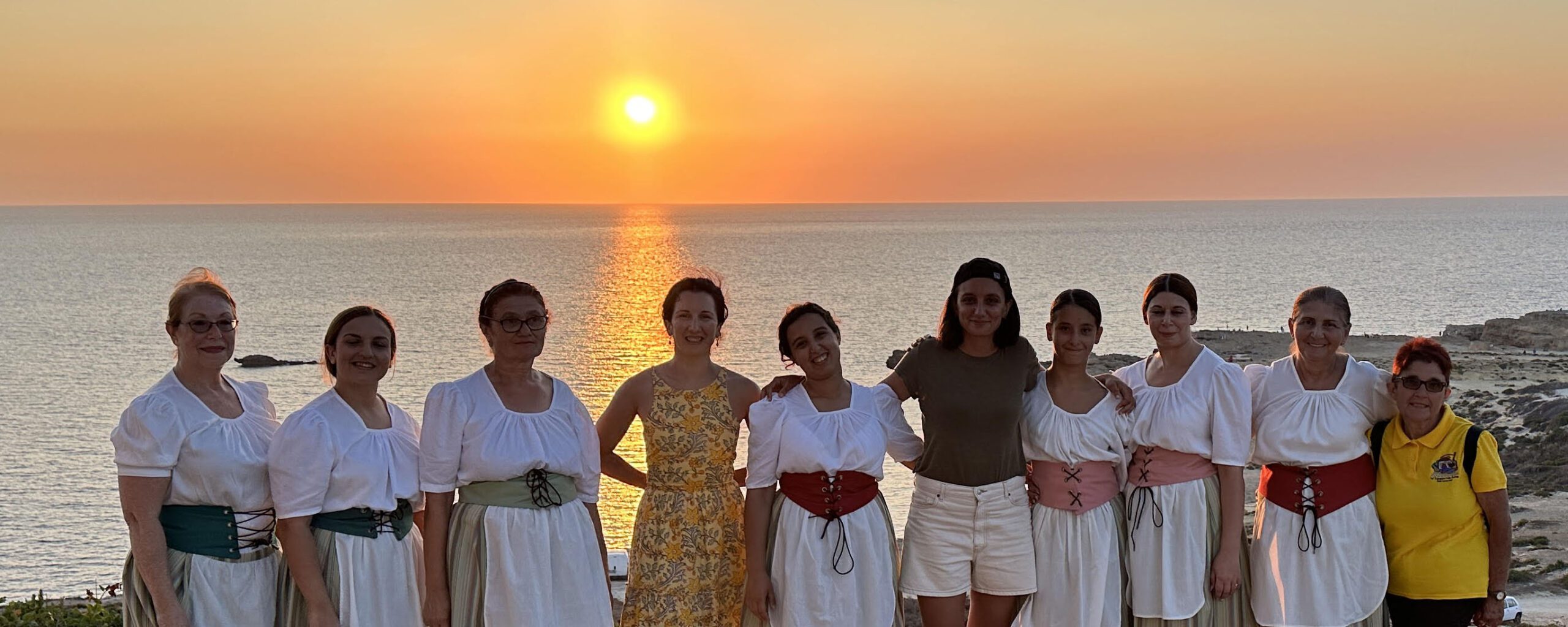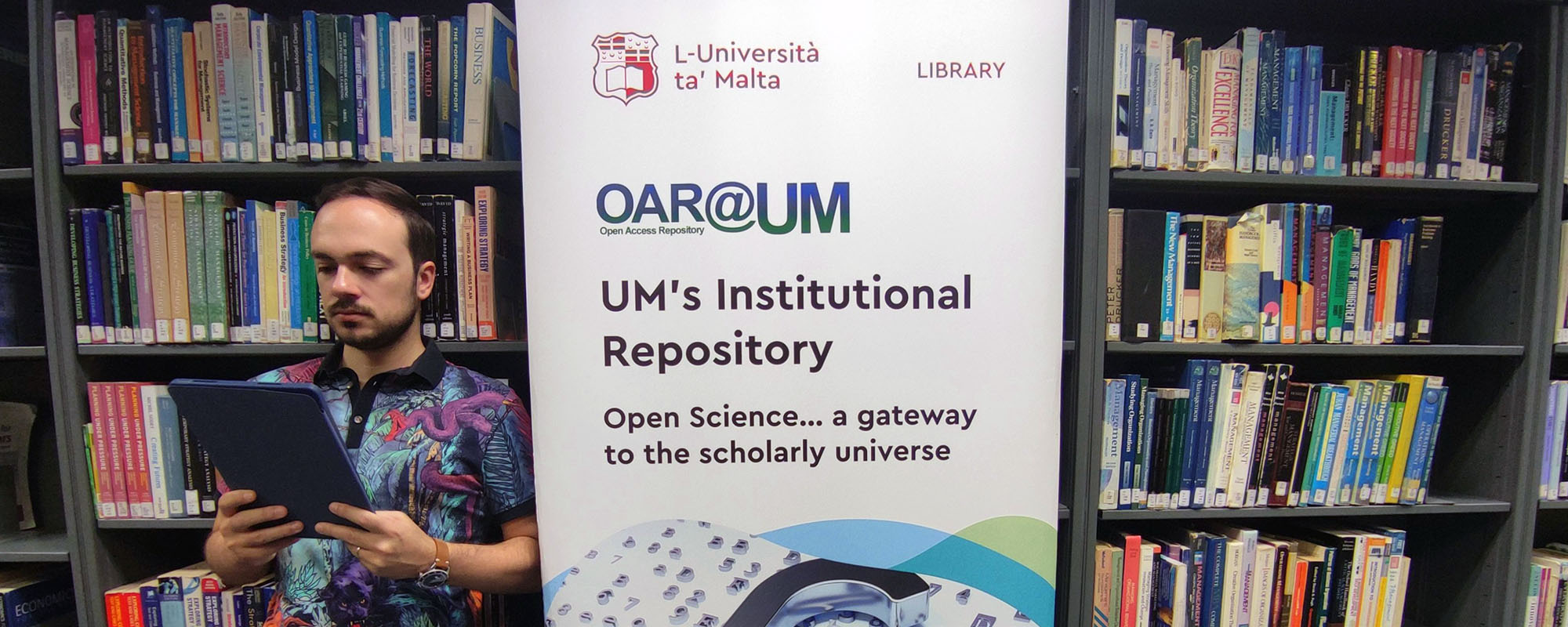The earliest recorded attempts at hip replacement date back to 1891. At the time, ivory was proposed to replace the femoral heads of patients whose hip joints had been destroyed by tuberculosis. Since then, everything changed. THINK speaks to the MaltaHip Team to learn about their innovative hip replacement technology.
Continue readingHUMS ‘The Sun’: Bridging the Sciences and Humanities in a Cross-Disciplinary Exploration
The Humanities, Medicine, and Science (HUMS) Symposia at the University of Malta offer a unique platform where experts from diverse fields come together to explore a single theme from multiple disciplinary perspectives. This academic year, the HUMS first event, entitled ‘The Sun’, provided an interdisciplinary deep dive into the scientific, cultural, and existential significance of our closest star.
Continue readingOur Post-Truth Reality
Post-truth populism has secured a powerful mandate in the United States of America. This reflects a trend that extends through the world’s liberal democracies and will invite global imitation. In this opinion piece, Jonathan Firbank describes how post-truth populism works, why it works, and why the American election might show us how to fight it.
Continue readingAGORA: Elections 2024 – Youth Absence and the Far Right Surge
During the run-up to the European Parliament Elections, Prof. Mario Thomas Vassallo grilled two MEP candidates on AGORA, a political talk show broadcast on Campus 103.7. Against the backdrop of numerous elections around the globe, a lack of youth representation, and the rise of the far right, the discussion got us thinking.
Continue readingSmooth Operator: Improving Surface Finish in Additive Manufacturing
While the advent of 3D metal printing may redefine how designers develop parts for products, the process itself is not without faults. Andre Giordimaina speaks with THINK about the GLAM Project, which aims to improve the process of 3D metal printing by optimising the finish and performance of designed parts.
Continue readingBeyond What Drifts Us Apart
Beyond What Drifts Us Apart is a long-term art project conceptualised and curated by the acclaimed Maltese curator, Elyse Tonna. The 2024 edition took place in and around Gozo’s Dwejra Tower, which proved to be an abundant source of inspiration for this year’s selection of international and interdisciplinary artists. The exhibit was open to the public for a week through a variety of workshops and performances.
Continue readingFinding a Home in Malta
Getting on the property ladder is incredibly difficult. Unless you are fortunate enough that your parents already own several properties, you will most likely be stuck for the rest of your adult life paying off your first (and possibly only) one-bedroom apartment. Is this grim future set in stone, or are there more creative solutions?
Continue readingA Decade of Open Access at UM
This year marks a significant milestone for UM as we celebrate the 10th anniversary of OAR@UM, the University’s Open Access Repository. Its role reflects UM’s commitment to enhance the visibility and dissemination of research output generated at UM.
Continue reading3D Printing Balloons Inflates Enthusiasm for Future Technology
With the rise in popularity of 3D printing, the medium has become more accessible. What’s more, recent advancements in the field have made the technology rather intriguing. THINK explores the latest UM research on the development of 3D-printed balloons.
Continue readingWater, Malta and a Fraught Future
Water is the last resource. The politics, deprivation and conflict created by water insecurity will define the future. Malta, as one of the most water-stressed countries in the world, will be ahead of the historical and technological curve.
Continue reading









